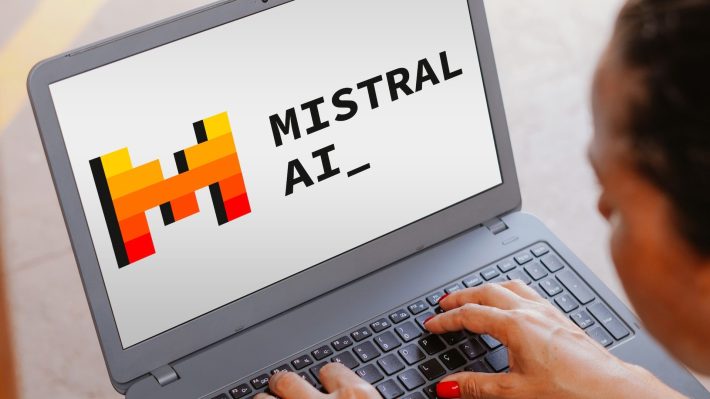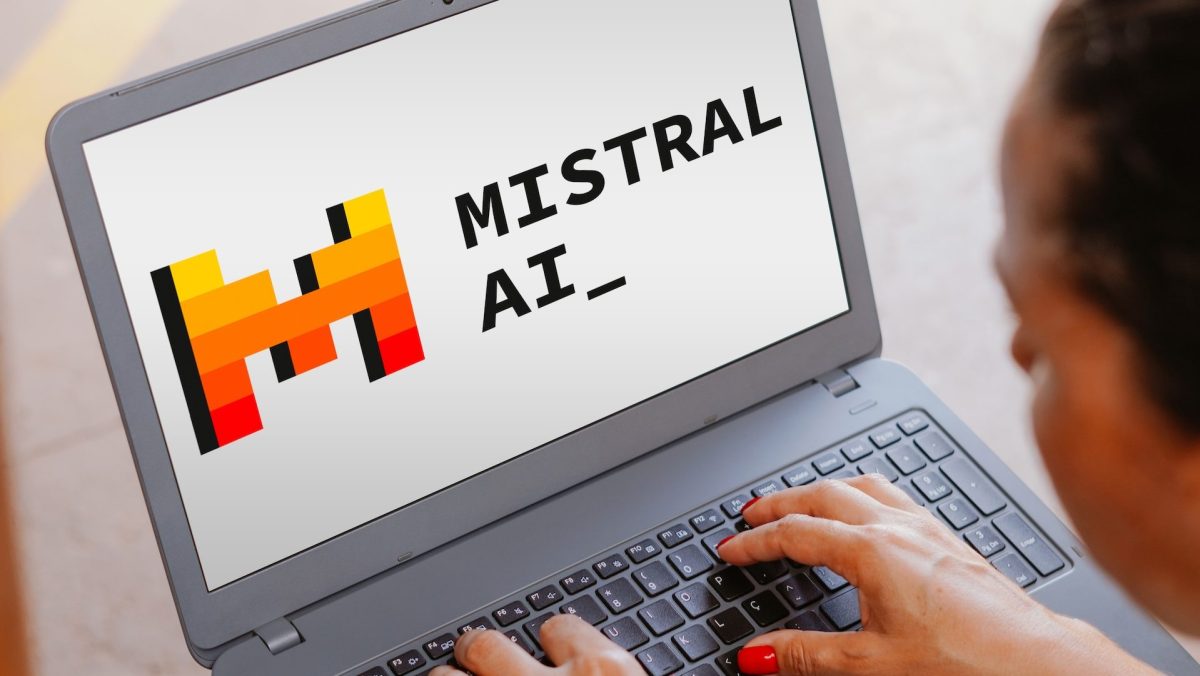
The U.K.’s Competition and Markets Authority (CMA) is launching preliminary enquiries into whether the close-knit tie-ups and hiring practices involving Microsoft, Amazon and a trio of AI startup falls within the scope of its merger rules — and whether the arrangements could impact competition in the U.K. market.
The announcement comes amid growing scrutiny of Big Tech’s fresh approach to M&A in the world of artificial intelligence (AI), where the so-called “quasi-merger” has emerged as flavor of the day as a means of — apparently — bypassing regulatory oversight.
Microsoft’s investment in, and close partnership with, ChatGPT-maker OpenAI attracted the CMA’s scrutiny late last year, with the regulator launching a formal “invitation to comment,” aimed at relevant stakeholders in the AI and business spheres. Since then, Microsoft hired the core team behind Inflection AI, a U.S.-based OpenAI rival it had previously invested in, and earlier this month Microsoft launched a new London AI hub fronted by former Inflection and DeepMind scientist Jordan Hoffmann.
Elsewhere, Microsoft also recently invested in Mistral AI, a French AI startup working on foundational models that could be construed as rivalling OpenAI.
And then there’s Amazon, which recently completed its $4 billion investment in Anthropic — another U.S.-based AI company working on large language models.
Collectively, these latest deals
The CMA’s executive director of mergers, Joel Bamford, said that it’s merely inviting comments from relevant parties, as it assesses whether these various partnerships are tantamount to mergers, and whether it might impact competition in the U.K.’s fast-growing AI industry.
“Foundation models have the potential to fundamentally impact the way we all live and work, including products and services across so many U.K. sectors – healthcare, energy, transport, finance and more,” Bamford said in a statement. “So open, fair, and effective competition in foundation model markets is critical to making sure the full benefits of this transformation are realised by people and businesses in the UK, as well as our wider economy where technology has a huge role to play in growth and productivity.”
This is a development story, refresh for updates.



![[CITYPNG.COM]White Google Play PlayStore Logo – 1500×1500](https://startupnews.fyi/wp-content/uploads/2025/08/CITYPNG.COMWhite-Google-Play-PlayStore-Logo-1500x1500-1-630x630.png)